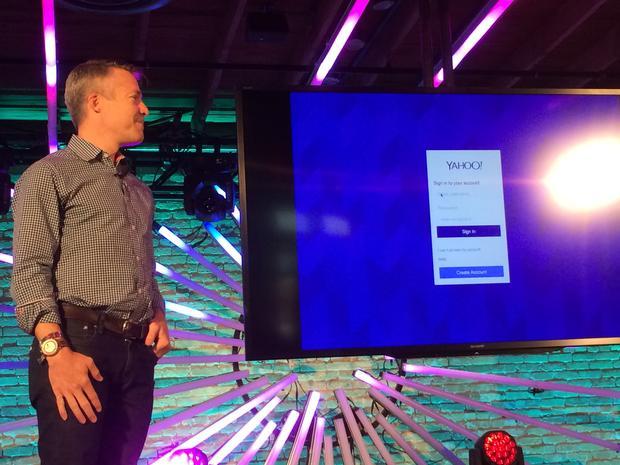- Joined
- 6 May 2012
- Messages
- 5,049
- Solutions
- 6
- Reaction score
- 8,894

Turns out nobody can remember their Yahoo passwords. Now the company wants to make it so no one has to.
Yahoo on Sunday launched a new service called “on-demand” passwords, which lets someone log into a Yahoo account using a short password the company texts to their phone instead of having to remember their own password.
Here’s how it works: You log into your Yahoo account using your normal passwords. In the security settings, you turn on on-demand passwords and register your phone. Next time you try to login, the password field is replaced by a button that says “send my password,” and the company texts a four-character password to your phone.
"This is the first step to eliminating passwords," Dylan Casey, Yahoo’s vice president of product management for consumer platforms, said during a session at the South by Southwest festival here.
The process feels like a common process for logging into websites called two-factor authentication, where you first enter your own password, then enter a second password the company sends to your phones. (Many popular services including Google’s Gmail do this). Think of Yahoo’s process like two-factor authentication, minus the first factor.
Cyber security has become a top issue for the technology industry. Several of the world’s most well-known companies, including Sony and Apple, have fought high-profile security vulnerabilities. Many companies have also tried to tackle the problem of their users having weak passwords. Password managers, like LastPass, also tries to take the burden off users to remember passwords.
"I don’t think we as an industry has done a good enough job of putting ourselves in the shoes of the people using our products," said Casey.
Via Yahoo
